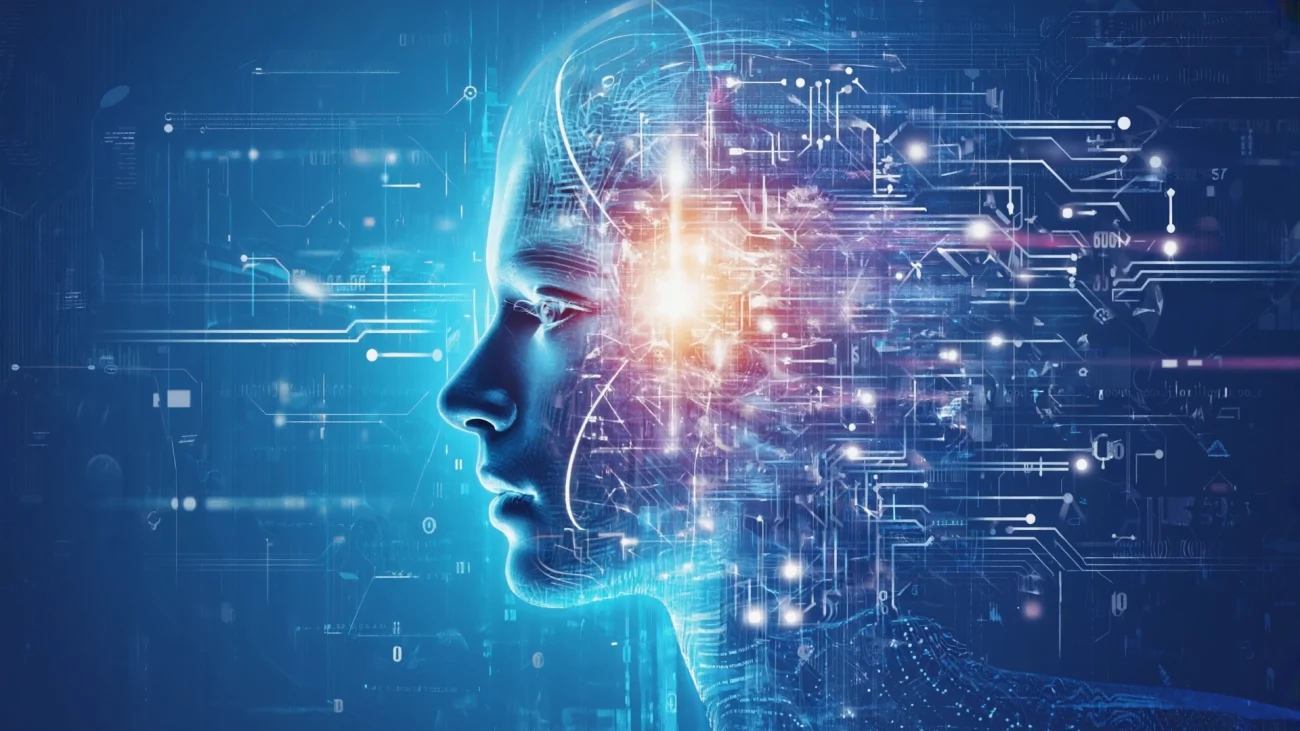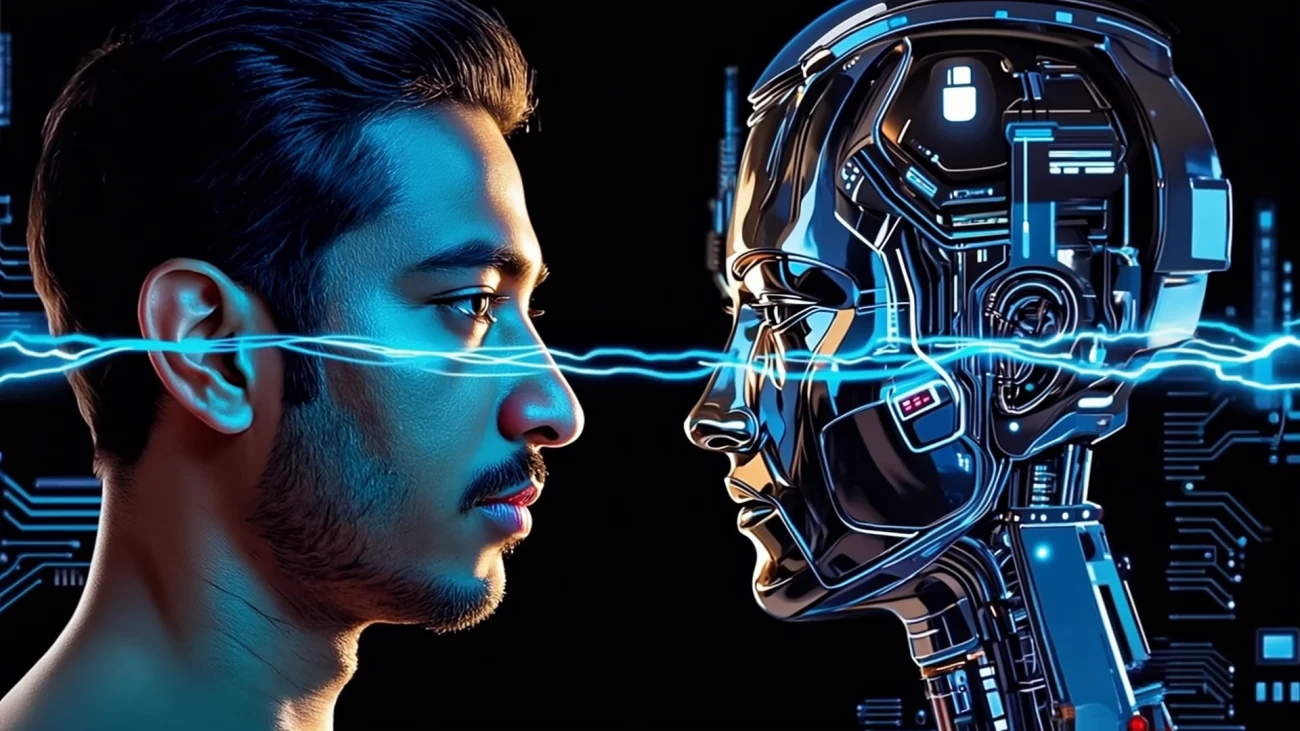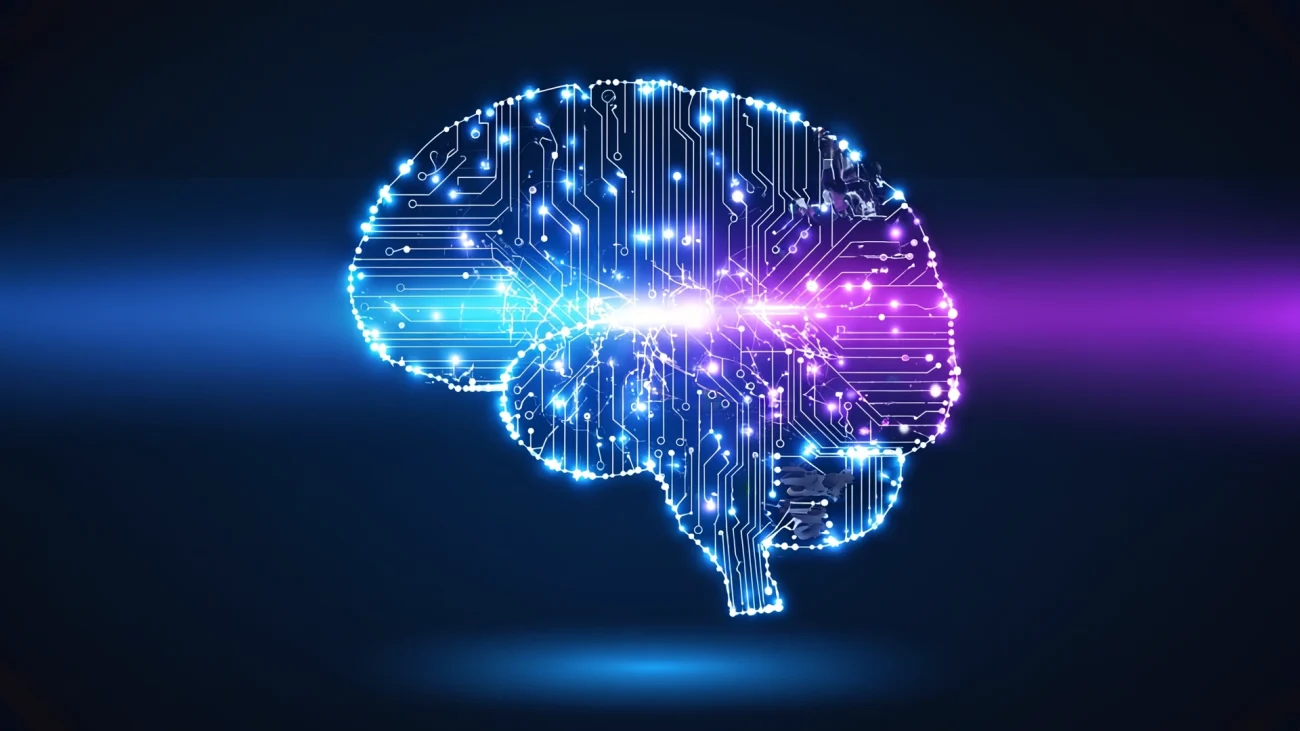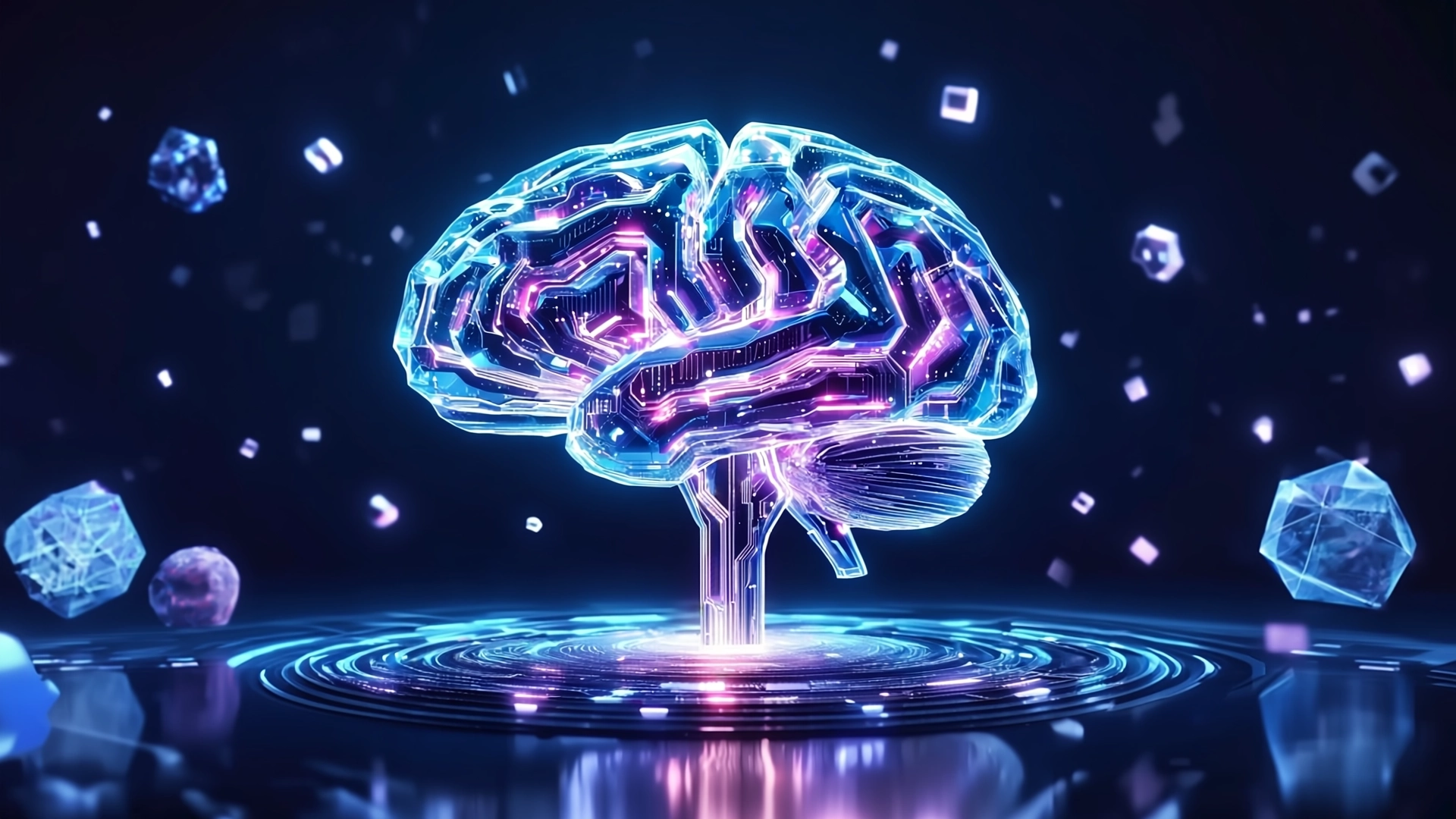Artificial Intelligence (AI) is a collection of computer systems that can perform tasks such as reasoning, decision-making, problem-solving, and more, much like humans and sometimes even better and more accurately than humans. It’s important to note that just a few years ago, many of these tasks were only performed by humans, and computer systems were either weak or unable to do them.
What is Artificial Intelligence?
Artificial Intelligence (AI) is one of the greatest technological achievements of the present century. This technology consists of a set of systems and algorithms that can think like humans, make decisions, and learn from experiences.
In essence, AI enables machines to perform tasks that were previously only possible for humans—ranging from speech and image recognition to intelligent prediction and decision-making.
A Simple Definition of Artificial Intelligence
To better understand the concept of AI, we should first look at its two main terms:
- Intelligence: The ability to learn, understand, analyze, and make decisions based on experience.
- Artificial: Refers to anything created by humans that doesn’t naturally exist in nature.
Therefore, AI refers to a system that, although not natural, can learn, analyze, and make decisions in a manner similar to humans. The main goal of AI is to simulate human-like intelligent behavior in machines.

Programming Languages for Artificial Intelligence
Various programming languages are used for developing and training artificial intelligence systems. Some of the most popular languages include:
- Python: The most widely used language in machine learning and data mining projects.
- R: Ideal for data analysis and statistics.
- Java: Suitable for developing intelligent enterprise software applications.
- C++: Fast and powerful for high-performance AI systems.
- Julia: A modern language designed for scientific and mathematical computations in AI projects.
The choice of programming language depends on the project’s goal and the type of AI system being developed.

Types of Artificial Intelligence and Their Applications
AI technology can be categorized based on its capabilities and functions. Here are the main types:
Reactive Machines
These are the simplest form of AI. They can only respond to inputs with a pre-determined reaction. They do not have the ability to learn from past experiences.
Example: Simple industrial robots in production lines.
Limited Memory AI
These systems can use past data and experiences to make decisions, but their memory is limited.
Example: Self-driving cars that analyze the surrounding environment and use recent experiences to make better decisions.
Theory of Mind
In this stage of AI, systems attempt to understand human mental states, emotions, and intentions. This area is still in the research phase but could revolutionize human-machine interaction in the future.
Self-aware AI
This is the most advanced type of AI that would be aware of its own existence. This type does not yet exist in reality and is still theoretical, but researchers are working on developing systems that can think, feel, and be self-aware like humans.
Machine Learning
Machine Learning is a key subfield of AI. In this method, machines learn from data and improve their performance without explicit programming.
Applications: Facial recognition, movie recommendations on Netflix, fraud detection in banking, and more.
Natural Language Processing (NLP)
This technology helps machines understand, analyze, and respond to human language.
Applications: Chatbots, voice assistants (such as Siri and Google Assistant), and automatic language translation.

Applications of Artificial Intelligence in Various Industries
AI is no longer limited to a specific field and is now present in almost every industry:
Finance and Banking: Financial data analysis, market prediction, and fraud detection.
Business and Marketing: Customer behavior analysis and intelligent advertising.
Healthcare: Disease diagnosis and medical image analysis.
Automotive: Self-driving cars and driver assistance systems.

The Future of Artificial Intelligence
Artificial Intelligence is no longer just a technological tool; it has become the driving force behind the global digital transformation. With advancements in machine learning and natural language processing, we are heading toward a future where human-machine interaction will be more natural and effective. In this journey, it is crucial to use this technology responsibly and ethically to ensure its benefits are accessible to everyone.
The Medifi Multimedia team, leveraging AI specialists, machine learning experts, and digital content creators, is ready to provide innovative services in the fields of AI, natural language processing, data analysis, and process automation.
If you’re looking for smart solutions to grow your business, join us!
